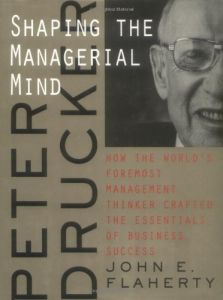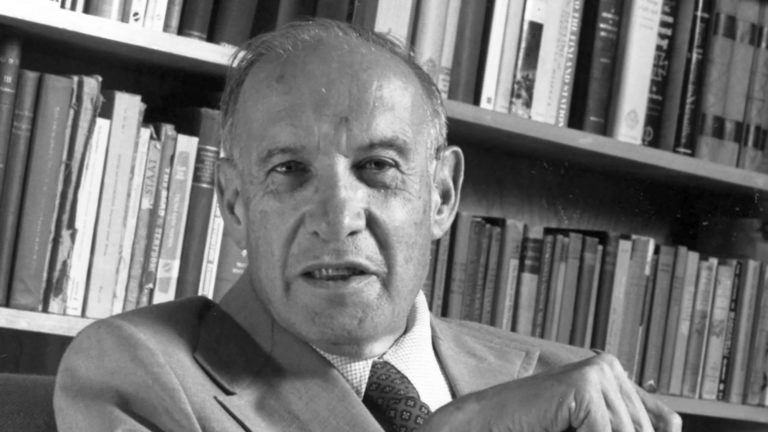Join getAbstract to access the summary!

Join getAbstract to access the summary!
John E. Flaherty
Peter Drucker
Shaping the Managerial Mind
Jossey-Bass, 1999
What's inside?
The work you are doing as a manager is serious, important, intellectually deliberate work — because Peter Drucker said so.
Recommendation
Peter Drucker is perhaps the most influential thinker on business and management in the world today, and John E. Flaherty explains why in this in-depth analysis of Drucker’s work and ideas. He starts with biographical details and provides a definitive account of Drucker’s achievements as a management researcher, thinker, and writer. Flaherty’s fascinating book highlights Drucker’s contributions to the fields of management and business strategy. Of necessity, the author includes summaries of Drucker’s books and quotes from his work. But, reaching a little deeper, Flaherty also shows how Drucker, who began as a social and political theorist, came to create the new academic field of management. Many of Drucker’s early ideas are still applicable today, as Flaherty makes abundantly clear in this book, which getAbstract strongly recommends to managers of all levels and students of business.
Summary
About the Author
John E. Flaherty is professor emeritus of management at Pace University in New York City, where he was formerly dean of the Graduate School of Business and chairman of the Social Science Department. After meeting Peter Drucker while auditing one of his management courses at New York University in the mid-1950s, Flaherty followed Drucker’s work over the years, keeping notes from Drucker’s lectures, books, articles, conversations and correspondence, much of which is incorporated into this book.


















Comment on this summary